10 Symptoms of Dysautonomia – as Told by Memes
Editor's Note
Any medical information included is based on a personal experience. For questions or concerns regarding health, please consult a doctor or medical professional.
Dysautonomia, or dysfunction of the autonomic nervous system (ANS), isn’t the easiest illness to explain. Not only are there multiple conditions that fall under the dysautonomia umbrella (including postural orthostatic tachycardia syndrome, neurocardiogenic syncope, inappropriate sinus tachycardia and multiple system atrophy), but there are a number of misconceptions about what it’s like to live with dysautonomia.
The autonomic nervous system is responsible for all of your body’s automatic functions, such as heart rate, breathing, temperature regulation and digestion. So when it malfunctions, it can have major consequences throughout your body, affecting multiple organs and systems. Well-intentioned friends and family may try to relate when you tell them about your symptoms, saying things like, “Oh, I sometimes get a little dizzy if I stand up quickly, too,” but these kinds of statements miss the mark, and the lack of true understanding can quickly become frustrating and lonely.
That’s why we rounded up some memes that may help you explain several of the symptoms you experience – and perhaps even make you laugh in the process. Because sometimes, laughing at the ridiculous symptoms so many of those with dysautonomia experience can truly help you cope. See if you relate to the memes below, and share with your loved ones who don’t understand what it’s like to have autonomic dysfunction.
1. Tachycardia/Bradycardia
Since the autonomic nervous system controls your heart rate, dysautonomia can cause both tachycardia (abnormally high heart rate) and bradycardia (abnormally low heart rate). Depending on the type of dysautonomia you have, you may experience one more commonly than the other, or fluctuate between the two extremes.
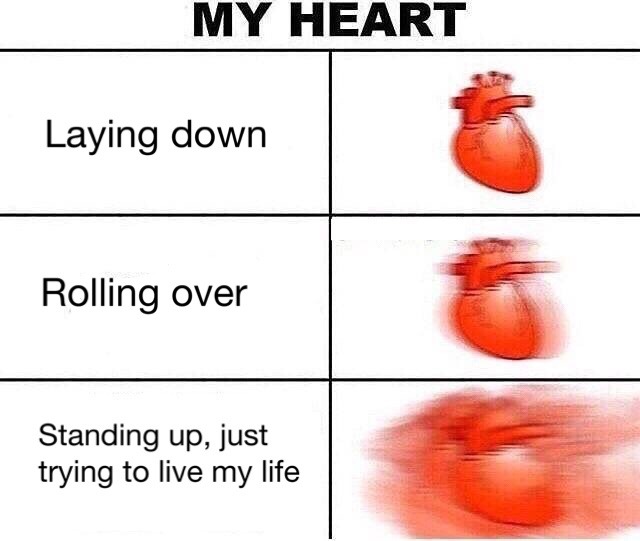

2. Blood Pooling
Blood pooling can happen in the extremities due to issues with blood flow and circulation in those with dysautonomia. A healthy ANS typically adjusts heart rate and muscle tightness to help pump blood back up from the feet and legs, since gravity naturally pulls it down. But in those with dysautonomia, these mechanisms may not work properly, which can cause blood to pool. Many of those with the condition may wear compression stockings to help improve blood flow and prevent pooling.
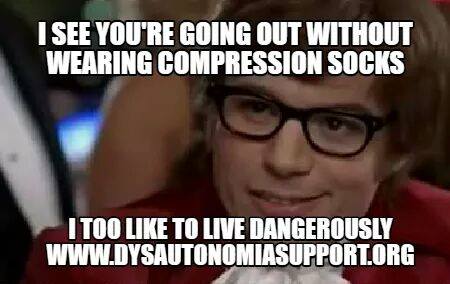
3. Lightheadedness/Dizziness
Inability to regulate heart rate and blood pressure can cause dizziness when moving, standing or changing positions. Many of those with dysautonomia may experience orthostatic intolerance, causing them to feel extremely lightheaded while standing.

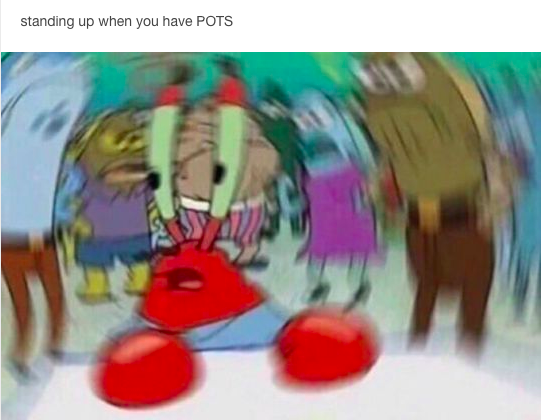
4. Fatigue
Chronic fatigue is a common symptom across many chronic conditions. Those with dysautonomia may experience extreme fatigue and exhaustion that often cannot be relieved by simply “taking a nap” or “getting some rest.”


5. Inability to Regulate Temperature
Since temperature regulation is a function of the ANS, those with dysautonomia may struggle with overheating and not being able to cool themselves down, or being freezing (especially in the extremities) and unable to warm themselves up.
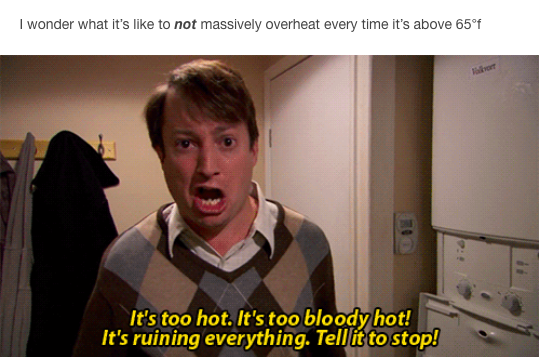

6. Fainting (Syncope)
While poor blood flow and circulation can often lead to lightheadedness and dizziness, the effects may sometimes be severe enough to cause the individual to faint, or lose consciousness. This may often happen when those with dysautonomia stand up, or remain on their feet for too long, as gravity pulls blood down and away from the brain without the ANS being able to pump enough back upward.

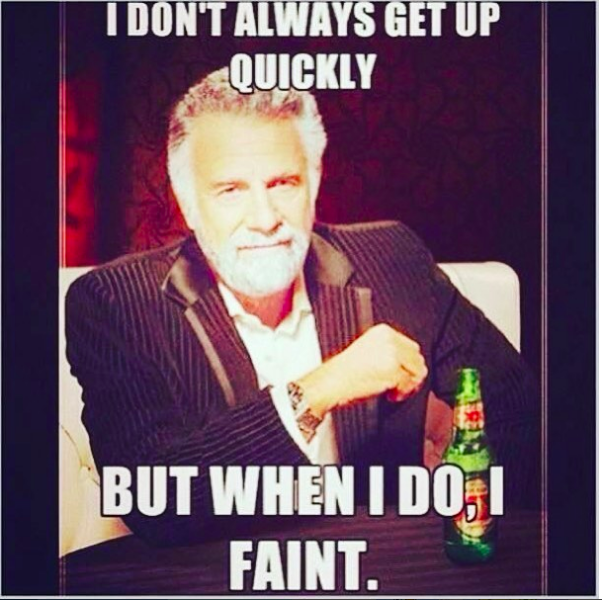
7. Brain Fog
Another common symptom among those with chronic illness is brain fog, or cognitive dysfunction. This may make thinking, remembering, concentrating and decision-making difficult for those with dysautonomia.


8. Poor Circulation
Issues with heart rate and blood pressure can make it difficult for the body to properly circulate blood, especially in the extremities. Decreased blood flow can cause the hands or feet to become cold, painful or numb.

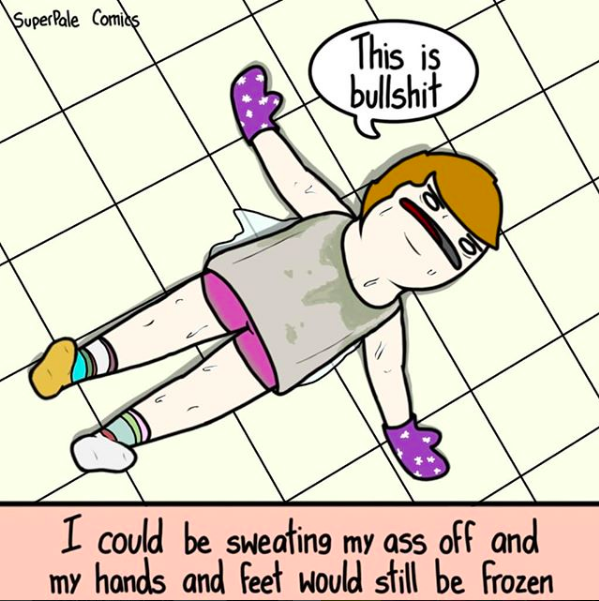
9. Digestive Issues
The ANS controls the functioning of the digestive system, which means dysautonomia can cause gastrointestinal issues such as dysmotility (such as gastroparesis), nausea, diarrhea, constipation or incontinence.


10. Low/High Blood Pressure
Although the autonomic nervous system is supposed to keep blood pressure steady, the different types of dysautonomia can cause it to suddenly spike or drop. This can lead to a number of symptoms or complications, such as fainting.



